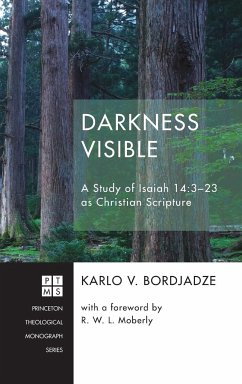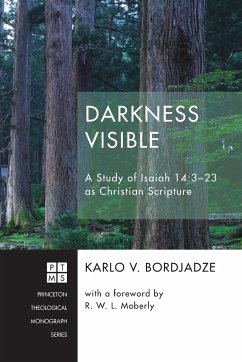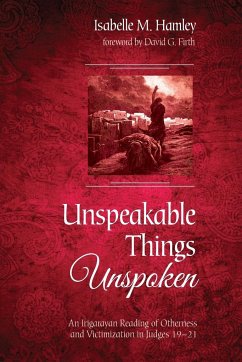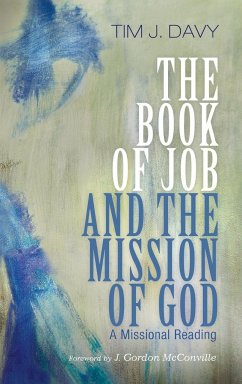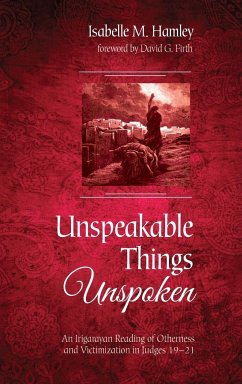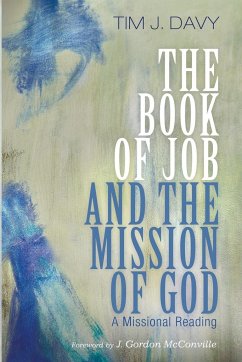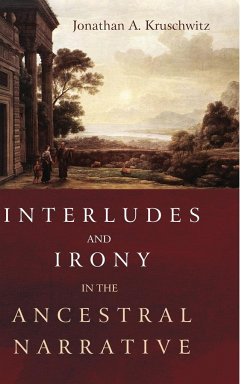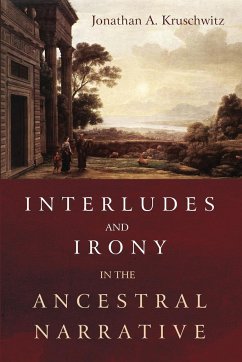How does one read the Old Testament as Christian Scripture? This question, voiced in both academic and ecclesial settings, invites a reflection on how to take these texts with both hermeneutical alertness and sustained imaginative seriousness. While scholars have recently engaged in robust discussion about theological hermeneutics, there have been relatively few worked examples with particular Old Testament texts. This book seeks to meet this need by providing a close reading of Isaiah 14:3-23, a text with a complex amalgam of textual, historical-critical, history-of-reception, and theological issues. ""Contributing a 'theological interpretation' Bordjadze examines an enigmatic text that has been used to develop a 'satanology.' After studying the original text, using text-, form-, historical-, and literary-critical tools, he moves to interpretational history, with important patristic, Reformation, and contemporary interpreters. For a popular, contemporary audience, Bordjadze also views the passage through the lens of evil presented by J. R. R. Tolkien. This work provides a multi-perspectival understanding of an often-misused text."" -- David W. Baker, Professor of Old Testament and Semitic Languages, Ashland Theological Seminary ""Bordjadze seamlessly weaves together careful exegesis, historical analysis, and theological reading past and present. His model approach to this well-known and influential text significantly closes the gap between critical scholarship and Christian interpretation. The clarity and tight focus of this study ensures that both scholar and non-specialist alike will gain much from Bordjadze's insightful commentary on the passage and on the Christian discourse that emanates from it."" --Daniel Hawk, Professor of Old Testament and Hebrew, Ashland Theological Seminary ""This is a very well written, well informed, and thoughtful discussion of Isaiah 14 from multiple Christian angles. Bordjadze's own readings of the text--in the light of Jesus--are well-grounded in Scripture, and his dialogue with the works of Tolkien is illuminating and enriching."" --Lena-Sofia Tiemeyer, Reader in Hebrew Bible, University of Aberdeen ""Bordjadze wrestles with one of the central hermeneutical questions concerning the interpretation of the Hebrew Bible--especially the prophetic corpus--in the Christian church: how do we do justice to the fact that these texts came into being as 'word of God' to particular Judahite and Israelite communities far removed from us and, at the same time, read them as Christian Scripture? Taking the marvelous oracle pronouncing 'Lucifer's' doom in Isaiah 14, Bordjadze takes us through a kaleidoscopic study of the linguistic, literary, and historical features of the text followed by a close analysis of select Christian interpretations across the millennia, bringing the historical and hermeneutical horizons together in a penetrating analysis of how the text has spoken anew as 'word of God' attuned to and shaped by each new context."" --David A. deSilva, Professor of New Testament, Ashland Theological Seminary Karlo V. Bordjadze helps give leadership to the CRU movement at the Ohio State University and serves as an adjunct professor at Ashland Theological Seminary.
Hinweis: Dieser Artikel kann nur an eine deutsche Lieferadresse ausgeliefert werden.
Hinweis: Dieser Artikel kann nur an eine deutsche Lieferadresse ausgeliefert werden.

